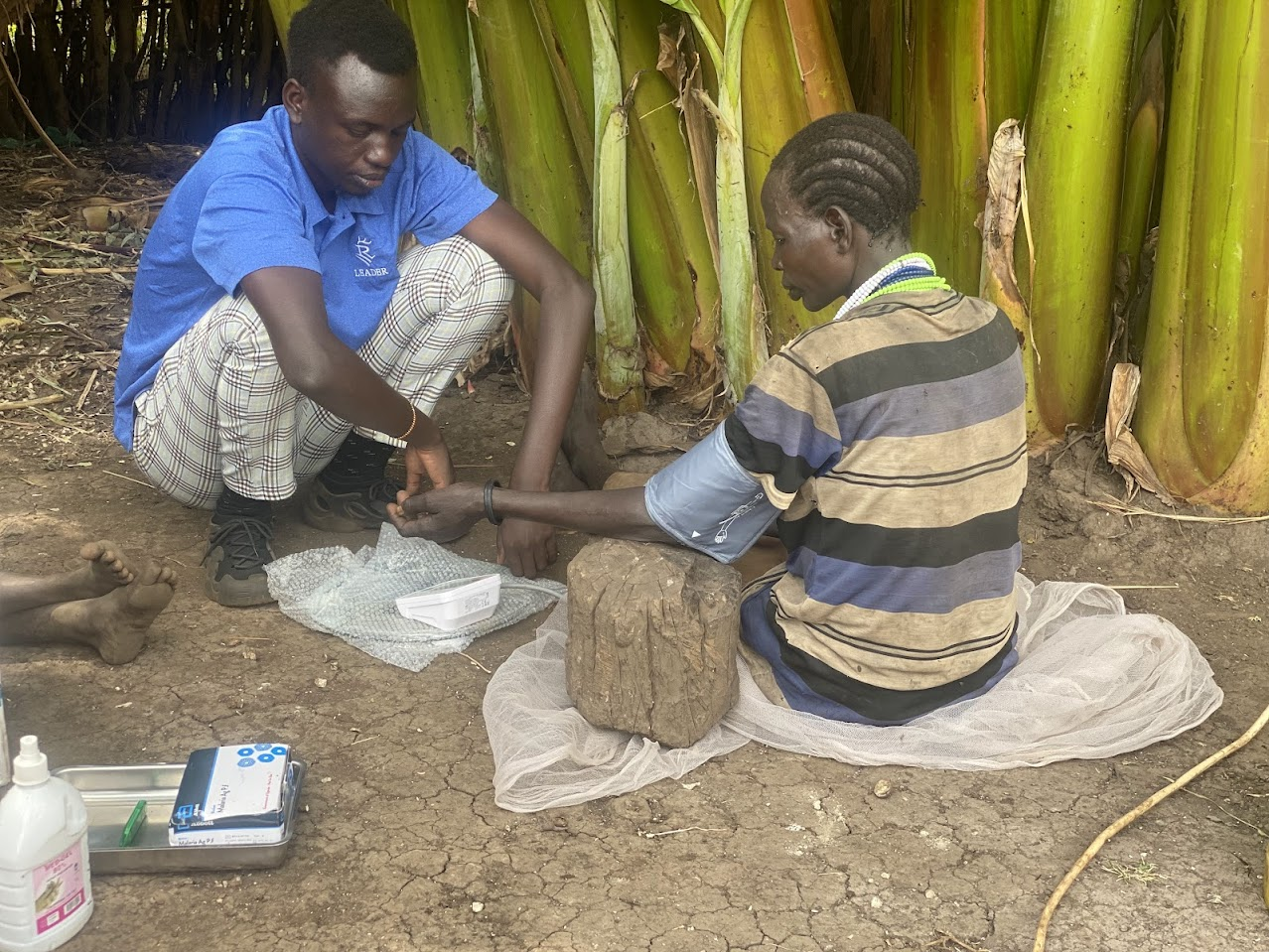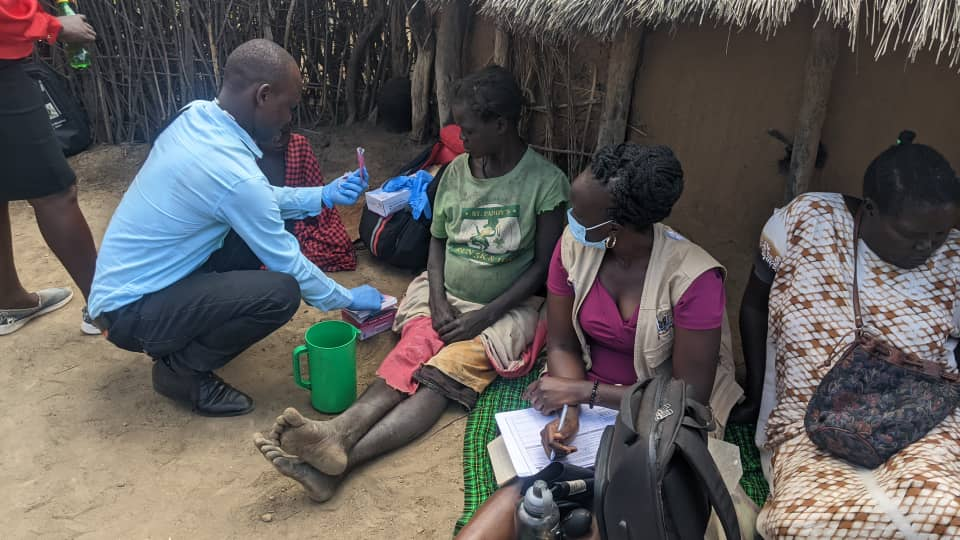At the heart of resilient health systems lies the strength of laboratory services, and Anecca, through the USAID Local Partner Health Services (LPHS)–Karamoja project, has been instrumental in leading this transformation in Uganda’s most underserved region.
Driving Impact Through Reliable Testing and Referral Systems
Between 2022 and 2024, Anecca supported collection and referral of over 19,450 viral load samples from all nine districts in Karamoja to the Central Public Health Laboratories (CPHL) for timely analysis. This achievement reflects Anecca’s commitment as an avid partner in strengthening the National Sample and Results Transportation Network (NSRTN) and enhancing laboratory systems strengthening. During the same period, over 77,500 sputum samples were tested, resulting in the identification of 2,857 TB-positive cases, including 77 rifampicin-resistant cases, vital input that directly informed patient care and public health response. Through targeted support, diagnostic capacity was enhanced with power backup systems for GeneXpert machines at the two hubs at Kotido General Hospital and Tokora HCIV.
Promoting Quality Assurance and Accreditation Across Laboratories
Anecca has been instrumental in raising the bar for laboratory quality assurance in Karamoja. By 2024:
• 90% of laboratories were consistently participating in the national HIV proficiency testing program.
• These labs achieved a 92% pass rate compared to 86% between Oct-Dec 2022, thus reflecting strengthened competencies and improved reliability of HIV diagnostics.
In pursuit of international excellence, Anecca supported:
• St. Kizito Matany Hospital in maintaining its international laboratory accreditation in 2023 and 2024.
• Kotido and Abim Hospital laboratories in attaining STAR 3 certification conferred upon by the African Society of Laboratory Medicine (ASLM).
• Facilitated training on the new ISO 15189:2022 for 10 laboratory personnel across the five laboratory hubs, thus enabling transition of the implementation of the Quality Management Systems (QMS) to the new international standards.
Advancing Integrated Diagnostics for Broader Health Outcomes
To promote disease multiplexing and enhance diagnostic capacity, Anecca expanded access to specialized testing services by:
• Activating six new GeneXpert sites in the region for cervical cancer screening and C-Reactive protein testing.
• Connecting 11 point-of-care (POC) sites to the African Laboratory Information System (ALIS), enabling real-time synchronization of diagnostic results across the network.



